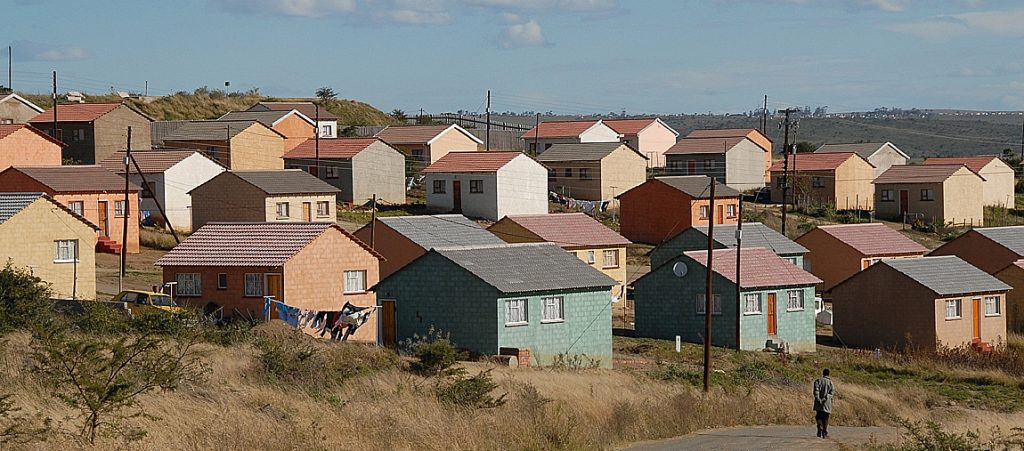
By Jan de Beer, on behalf of Cement & Concrete South Africa’s School of Concrete Technology
Concrete will play an essential role in the government’s plans to implement long-awaited infrastructural projects this year, says John Roxburgh, senior lecturer at Cement & Concrete South Africa’s School of Concrete Technology.
Roxburgh says concrete is the most vital building material to create the infrastructure to sustain South African urban and rural settlements as well as the road networks that link these areas. “Apart from being the essential material to erect the Presidentially-proposed new ‘smart cities’, concrete is also essential for housing, dams, bridges, warehouses, roads, airports, water and sewerage treatment plants, to name just a few important civic facilities. Therefore, it is essential that local government’s staff are trained in all facets of concrete construction and design,” Roxburgh states.
Such training has been provided by the School of Concrete Technology for well over 60 years and its consulting division is constantly involved in the writing of standards, publications and assessment of latest technologies.
The SCT 2022 Training Programme, now available, includes courses on a wide range of topics starting from a basic introduction to concrete, and continuing to cover the role of concrete in housing, concrete practice, training for ready mixed concrete and batching plant personnel, concrete industrial floors on the ground, concrete road design and construction, as well as high-technology training that includes the globally-respected Advanced Concrete Technology diploma course with examinations set by the Institute of Concrete Technology in London.
Successful students for all SCTs courses receive certificates of attendance/competence and Continuing Professional Development (CPD) points are awarded on certain courses.
Roxburgh says two courses to be offered by SCT in 2022 should strongly be considered by South African municipalities: “SCT20 Concrete Practice” and “SCT30 Concrete Technology”. Both regularly attract strong enrolment, calling for several presentations every year.
“The four-day ‘SCT20 Concrete Practice’ course is excellent for those applying concrete technology on site such as foremen, supervisors, and for staff responsible for quality assurance. Successful completion of this course earns four Continuing Professional Development (CPD) points. The more advanced ‘SCT30 Concrete Technology’ five-day course – which earns five CPD points – is aimed at civil and structural engineers, experienced technicians and technologists, and is ideal for gaining detailed knowledge of how cement and concrete works.”
The School of Concrete Technology will continue to run its successful online e-learning courses in 2022 but will also offer select classroom-based lecture courses in Midrand, Durban and Cape Town while Covid-19 lockdown restrictions permit. “The live classes will be kept small and high demand for specific courses will be met by scheduling more presentations. However, the online platform and self-study courses are here to stay as they align themselves with modern trends in remote learning and increased access to both data and smart delivery devices. E-learning and its associated benefits will form an integral part of the School’s training in future which means local government in even the most remote parts of the country can now enrol staff for training,” he adds.
For further information and access to the SCT 2022 Training Programme, phone 011 315 0300 or email [email protected]. www.cemcon-sa.org.za



